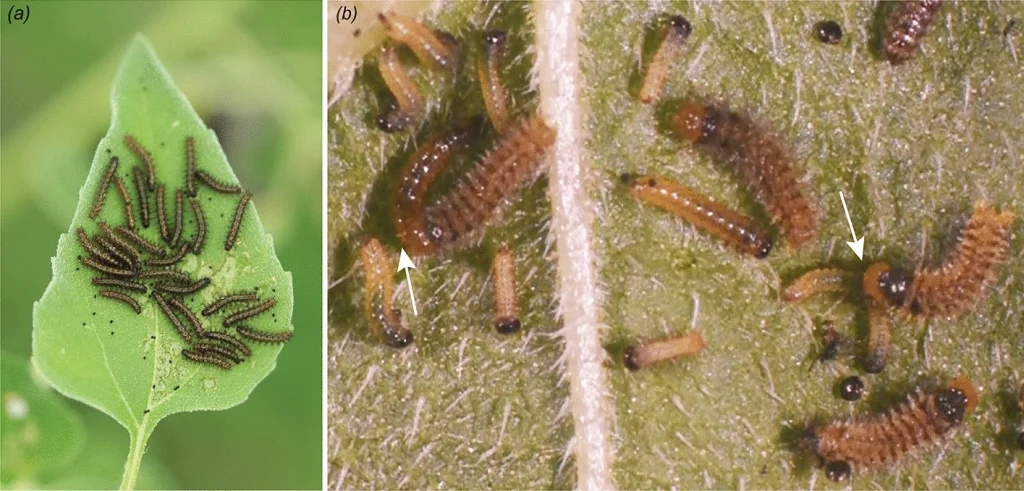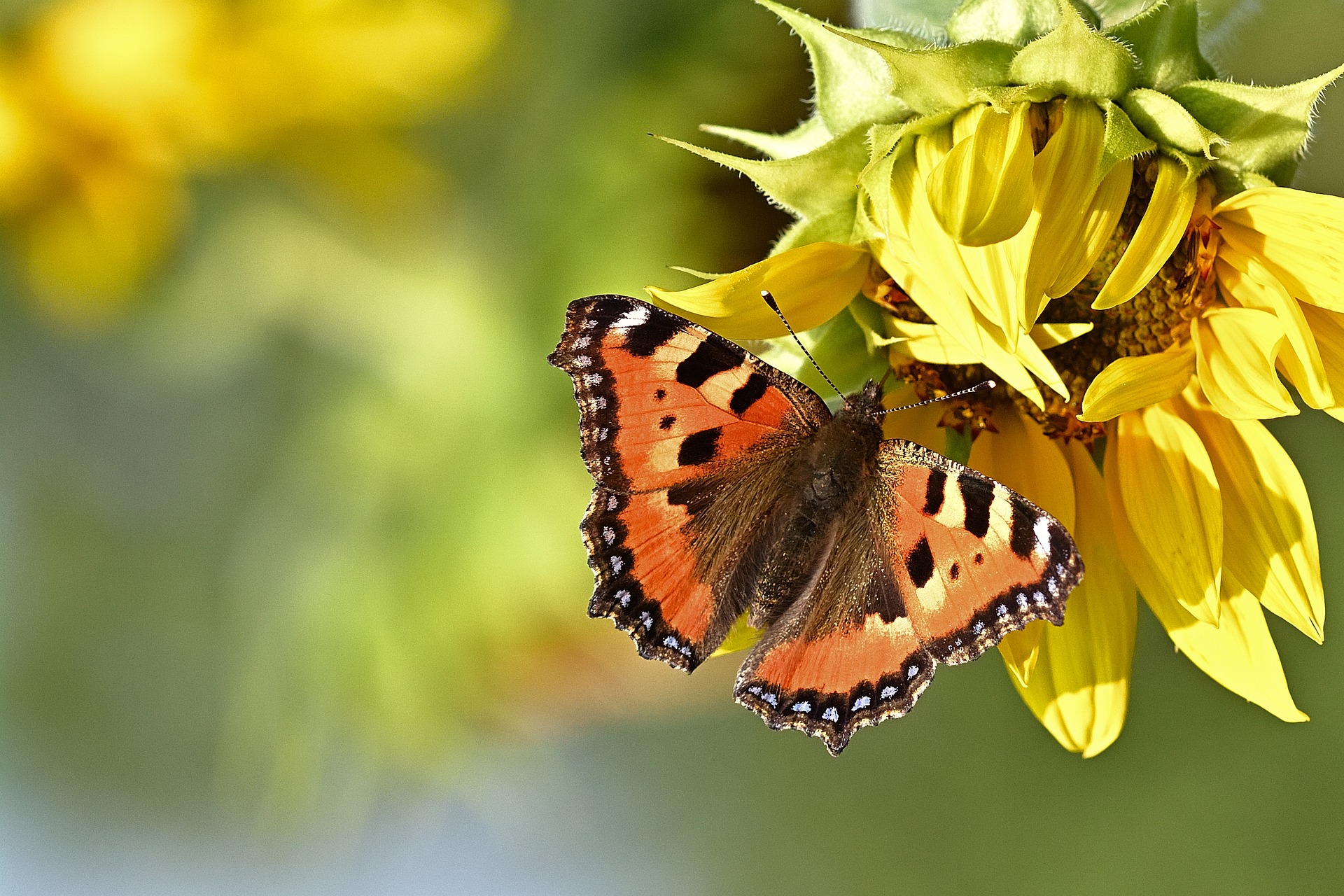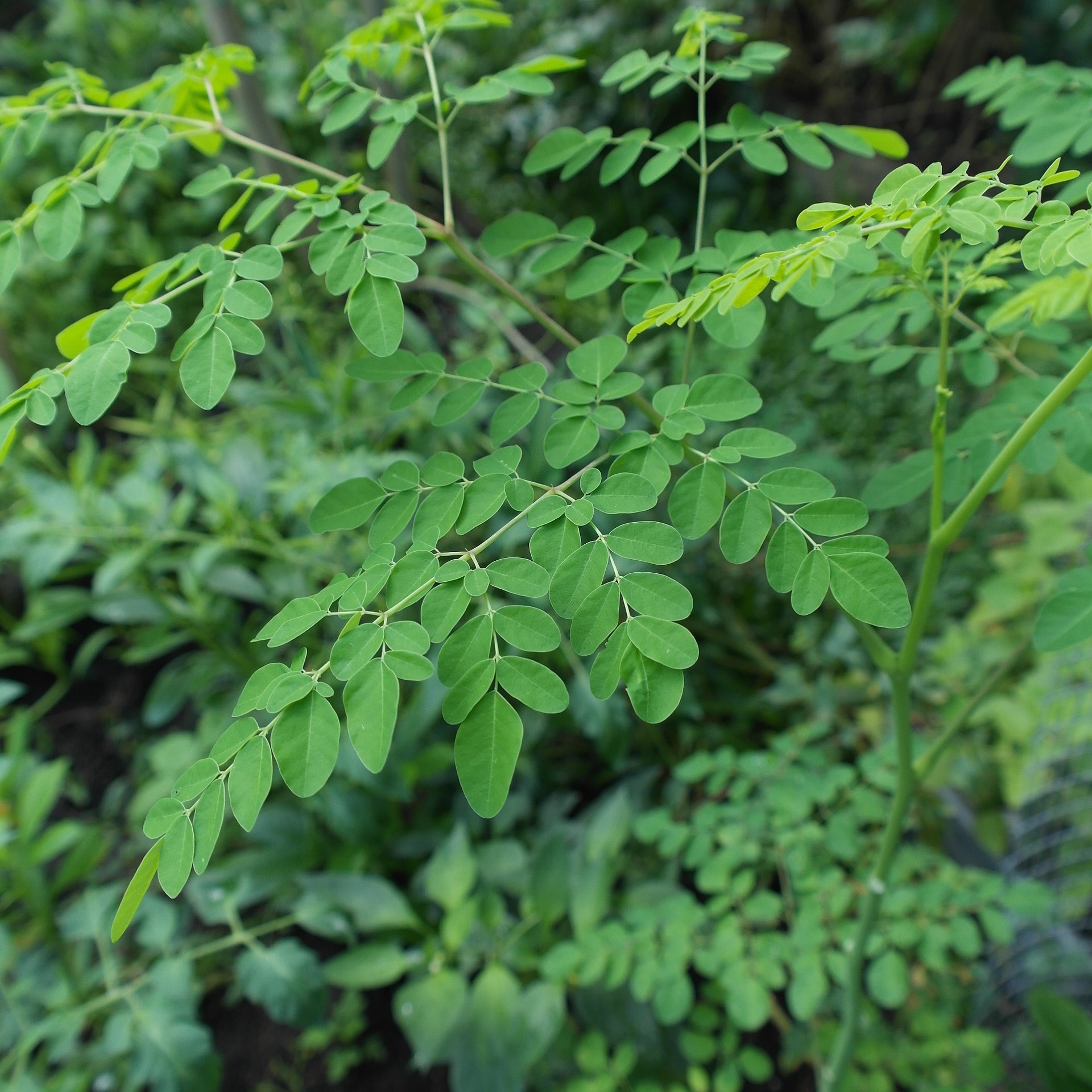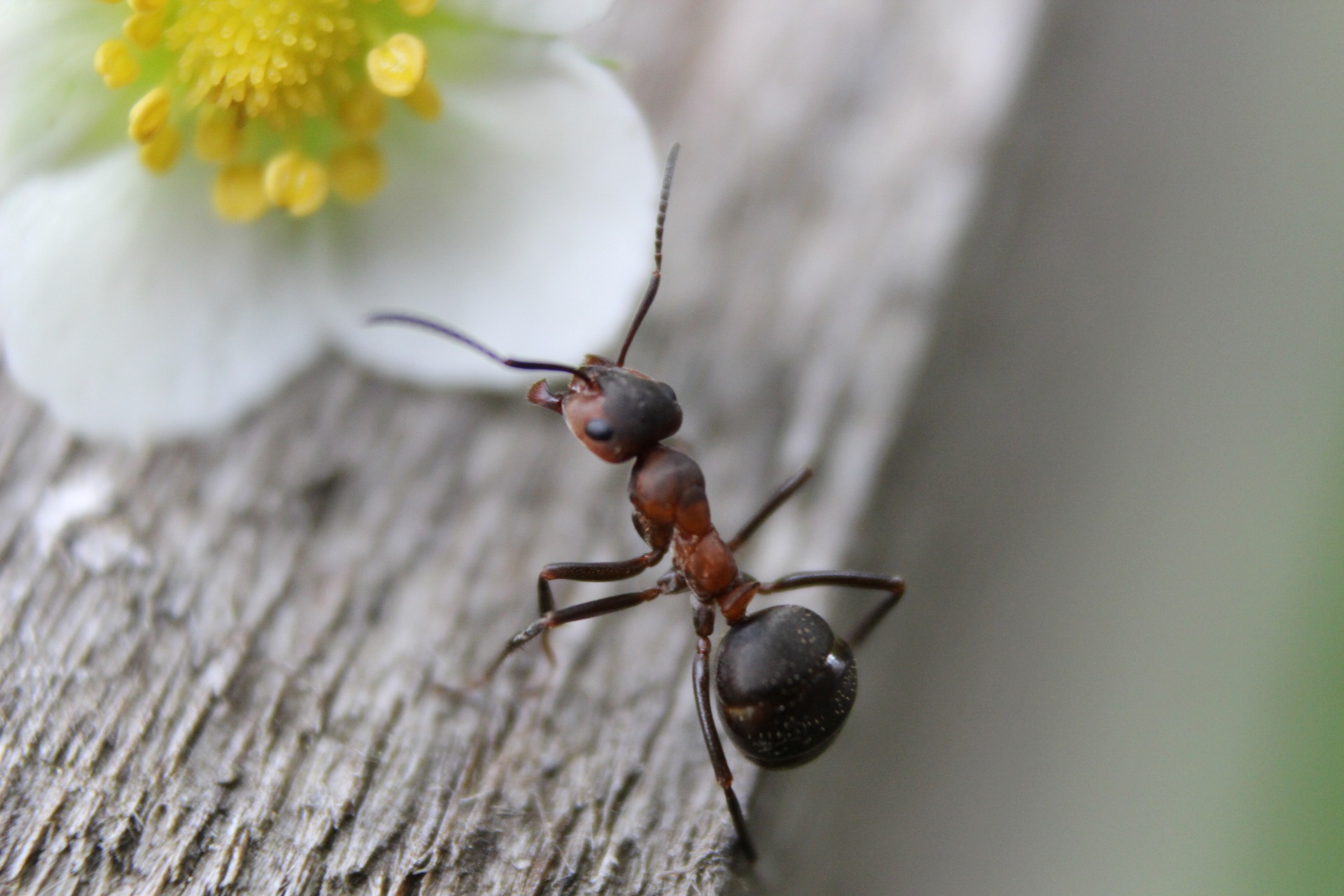Fascinating Discovery: The Importance of Sodium and Insect Behavior
What comes to mind when you hear about sodium? Often associated with high blood pressure, and evident from the abundance of low-sodium products in stores, sodium is an essential nutrient for many organisms on Earth. However, it’s not crucial for plants. For animals and decomposers, sodium is indispensable and plays a vital role, especially in insects. The study we’re introducing manipulated the sodium concentration in sunflower tissues through hydroponic cultivation and investigated its effects on the behavior of caterpillars of the Japanese butterfly Parantica sita niphonica growing there. Intriguingly, it was observed that lower sodium concentrations led to cannibalistic behavior in the larvae. This phenomenon suggests that sodium deficiency could have significant impacts on insect behavior within ecosystems.
Test Method: Adjusting Sodium Concentration in Plants through Hydroponic Cultivation.
The researchers in this paper controlled the sodium concentration in sunflowers through hydroponic cultivation. Specifically, they set the sodium concentration to four different levels (none, low, medium, high) and raised caterpillars of the Japanese butterfly Parantica sita niphonica on each set of plants. This experimental design mimicked the variation in sodium concentration in food that insects would encounter in nature, allowing the observation of its effects.

https://www.nature.com/articles/s41598-023-48000-z
The Link Between Sodium Deficiency and Cannibalistic Behavior Becomes Clear.
The test results revealed that caterpillars raised on plants with low sodium concentration exhibited significantly higher frequencies of cannibalistic behavior compared to those raised on high sodium concentration plants. This indicates that sodium deficiency has a substantial impact on the behavior of caterpillars. Additionally, it was observed that an extremely high sodium concentration led to an increased mortality rate due to other causes. These findings suggest that the sodium supply in plants, their food source, can directly affect insect behavior. This is an important discovery both ecologically and from an evolutionary biology perspective. Furthermore, the results showed that inappropriate sodium levels could also affect insect mortality rates. These findings are crucial for understanding plant-animal interactions and the health of ecosystems.
Summary: The Complex Relationship Between Sodium and Insect Behavior
This study confirms that sodium plays a significant role in insect behavior and their role within ecosystems. Notably, sodium deficiency has been identified as a factor triggering cannibalistic behavior in the caterpillars of the Japanese butterfly Parantica sita niphonica. In the natural world, it’s easy to imagine that the amount of sodium in plants varies under different environmental conditions. For instance, plants near the sea might be influenced by saltwater carried by storms. Regions with naturally high salt content would inherently have higher sodium levels in the soil. The findings of the paper we discussed highlight how delicately balanced the natural world is, enhancing our understanding of plant-animal interactions. This research on the relationship between sodium and insect behavior could provide crucial guidance for devising strategies to maintain ecosystem health. Next time you spot an insect outdoors, remember this study and observe its environment; it might give you a new perspective.



コメント